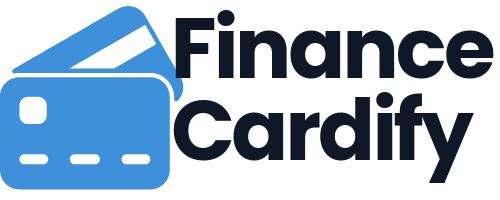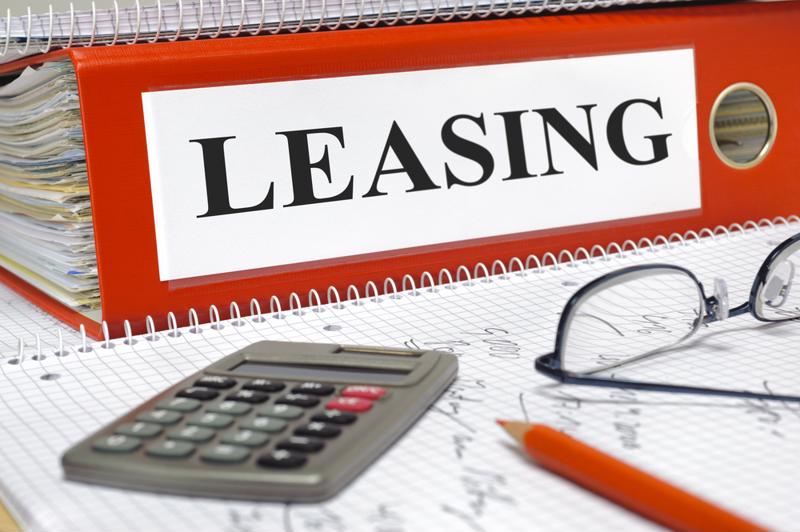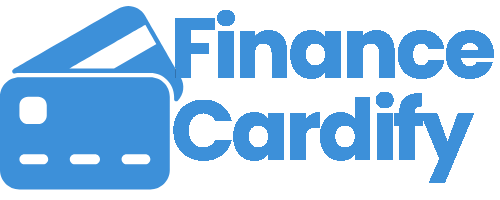When it comes to acquiring a new vehicle or equipment for your business, the decision between financing and leasing can be pivotal. Each option offers distinct benefits and constraints, and choosing the right one can significantly impact your financial health and operational flexibility. This guide will delve into the intricacies of both options, helping you make an informed choice based on your personal or business needs. We’ll conclude with an SEO-optimized FAQ section to address common questions about financing and leasing.
Understanding Financing and Leasing
Financing refers to the process of taking out a loan to purchase a vehicle or equipment, which you will own outright once the loan is paid off. Leasing, on the other hand, is akin to renting; you pay to use the vehicle or equipment for a certain period, after which you may have the option to purchase it, return it, or upgrade to a newer model.
SEO Keywords: car financing guide, equipment leasing benefits, auto loan vs lease
Pros and Cons of Financing
Pros:
- Ownership: You own the asset after the payments are complete, which can be more cost-effective over the long term.
- No Mileage Restrictions: Ideal for those who drive a lot or use equipment heavily.
- Customization: Owners can modify or customize the vehicle/equipment as they see fit.
Cons:
- Higher Monthly Payments: Typically, financing involves higher monthly payments than leasing because you’re paying off the entire purchase price.
- Depreciation: As an owner, you bear the full cost of depreciation, which can be significant, especially for new vehicles.
SEO Keywords: benefits of auto financing, car ownership pros and cons, vehicle depreciation
Pros and Cons of Leasing
Pros:
- Lower Monthly Payments: Leasing usually requires lower monthly payments since you’re only paying for the vehicle’s depreciation during the lease term.
- Latest Features: Leasing makes it easier to upgrade to newer models every few years, ensuring you always have the latest technology and features.
- Simplified Maintenance: Many lease agreements include maintenance, reducing the lessee’s responsibility for upkeep.
Cons:
- No Ownership: You don’t own the asset and will have continuous payments if you continue to lease.
- Mileage Limits: Leases often come with mileage restrictions, which can incur hefty fees if exceeded.
- Wear and Tear Charges: At the end of the lease, any damage beyond “normal wear and tear” can result in additional charges.
SEO Keywords: leasing advantages, vehicle lease restrictions, leasing vs buying
Financial Considerations
Deciding whether to finance or lease often comes down to your financial situation and priorities.
- Budget: Leasing may be more attractive if you prefer lower monthly payments and can adhere to the set conditions like mileage limits.
- Long-Term Costs: Financing is generally more economical in the long term, especially if you plan to keep the vehicle for many years after the loan is paid off.
- Tax Implications: For businesses, leasing payments can often be deducted as business expenses, which could reduce the net cost of leasing.
SEO Keywords: leasing costs, financing benefits, vehicle finance tax benefits
Lifestyle and Usage Needs
Your decision should also reflect your lifestyle or business operations.
- Usage: High-mileage drivers or those using equipment in demanding conditions might find financing more practical.
- Flexibility: If you value having the latest model or want the flexibility to change vehicles every few years, leasing provides that option without the hassle of selling an older model.
SEO Keywords: best car lease deals, financing for high mileage, business equipment leasing
Making Your Choice
To make an informed decision, consider both the financial implications and how the vehicle or equipment fits into your life or business strategy.
- Assess Your Financial Health: Review your budget and financial goals. Can you afford higher monthly payments to eventually own the asset, or are lower payments more critical for your cash flow?
- Consider Future Value: How quickly does the model you’re interested in depreciate? Will it still meet your needs in a few years?
- Evaluate Contract Terms: Whether leasing or financing, understand all the terms and conditions before signing any agreements.
SEO Keywords: choosing between leasing and financing, car lease or buy, how to choose car financing
Frequently Asked Questions (FAQ)
What is better financially, leasing or buying a car?
A1: Financially, buying a car can be better in the long run as you end up owning the asset and can utilize it without ongoing payments. However, leasing can be more beneficial for those who prefer lower monthly payments and the flexibility to change cars frequently.
Can I buy the car after my lease is over?
A2: Yes, most lease agreements include a buyout option that allows you to purchase the vehicle at the end of the lease term for a predetermined price.
What happens if I exceed the mileage limit on my lease?
A3: Exceeding the mileage limit on a lease can result in significant additional charges. These charges are typically stipulated per mile over the limit and can vary widely between contracts.


